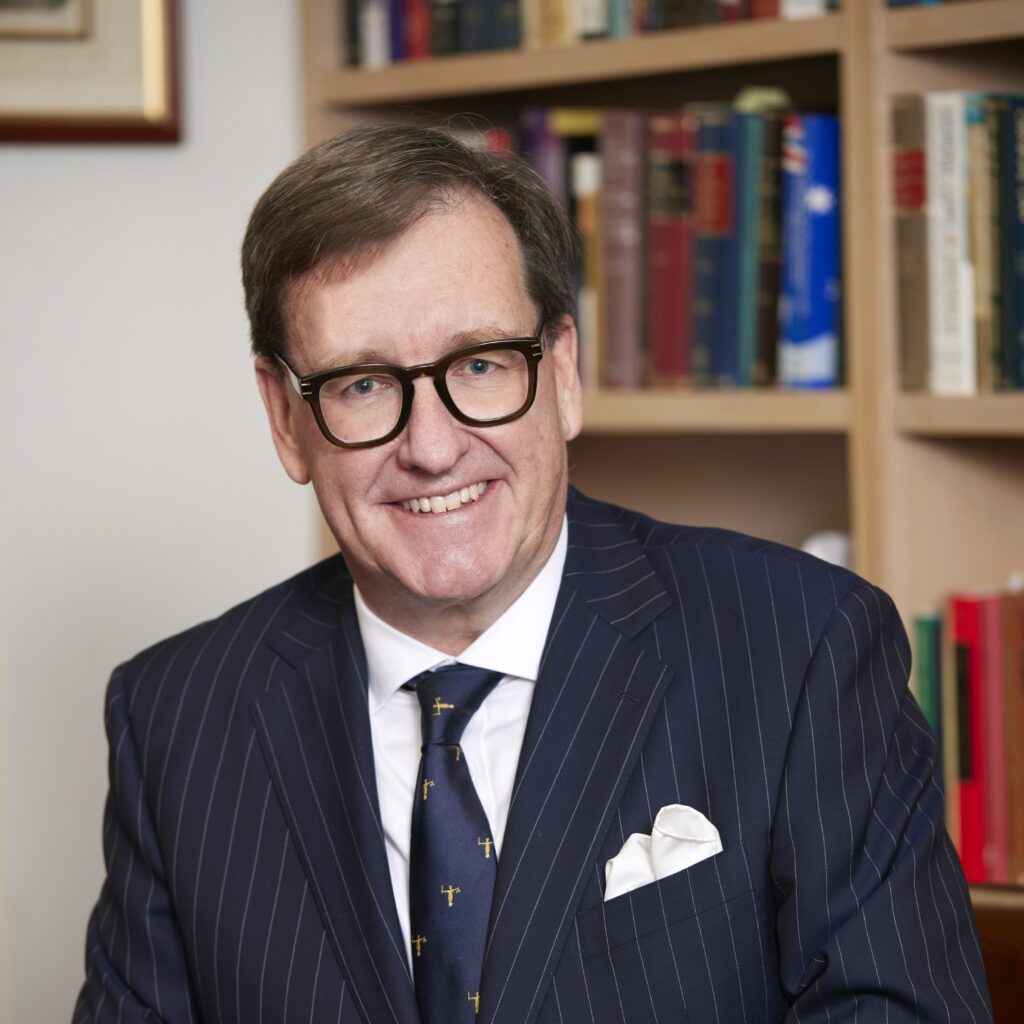“You can’t say that ! The Medical Board of Australia and other governors – whither freedom of speech and political communication for doctors, lawyers and the public ?”
Location: General Meeting to be held at the Melbourne Club.
Date: September 6, 2025
Time: 6.30 pm – 11.30 pm
Dress: Black tie
Acceptances close August 29, 2025
Stephen Moloney, a past President of the Society, is a senior barrister in Victoria. He has represented and defended MDAV and Avant themselves in varied indemnity and contractual matters as well as in their re-insurance arrangements. He has acted for or against countless individual members of the medical profession since the early 1990s in a wide variety of matters, including constitutional challenges in the High Court of Australia, in medical negligence matters in all Courts at trial and appellate level, in various Federal Court challenges to the Professional Services Review Scheme, in professional conduct matters in various Tribunals around Australia, as well as also appearing for the Medical Board of Australia from time to time in conduct cases. He is routinely briefed for aspirant members of the profession on their pathways to Fellowship of the Colleges. He holds a broad public law practice and is currently a member of the Administrative Law Committee of the Law Council of Australia as well as being a past President of the Australian Institute of Administrative Law. He has sat for years on the Ethics Committee of the Alfred Hospital and the Baker Institute. He has conducted a long and detailed scientific research misconduct inquiry under the NHMRC Guidelines. He currently chairs the Medicare Participation Review Committee of the Commonwealth and has been successively appointed to that office over multiple terms (15 years) by different Ministers for Health on both sides of the political divide and by that role he decides the rights to practise of doctors under Medicare in certain circumstances. Outside of the medical profession he also holds a long-established equity and commercial practice, a common law practice in institutional abuse and in the 1990s was retained and appeared in litigation arising from the largest corporate collapses in the nation. In his spare time he chairs a private school of 1200 boys and dotes on his two daughters attending university.
A lively debate has recently emerged in the medical profession. This is seen when general societal and “controversial” topics in the practise of medicine, whether those controversies arise from matters of conscience or otherwise, are discussed. The question of the correctness of a doctor speaking up in the public square on matters of personal belief, political opinion, the exercise of freedom of conscience and freedom of religion gives rise to the intersection of such principles in the considered opinions of such doctors on such topics with the opinion of the Medical Board of Australia in its governing role on the professional correctness of such speech in professional conduct. The capacity to communicate medical opinion is no longer confined to The Lancet or the New England Journal of Medicine, or even a daily newspaper but where is the boundary to be drawn so that the conduct of free speech outside the surgery is still able to be regulated by the Medical Board or other such regulators ? When can the Medical Board say – “you can’t say that…?” and thereby imperil your career or even suspend or cancel your registration ? Can you be “cancelled” ? It has happened in Victoria. So, should a doctor fear the Medical Board of Australia or the E-Safety Commissioner of the Commonwealth when or if speaking up, and if so, when ? What is the state of free speech in this country ? Recent cases will be discussed which the speaker has appeared in as well as others.

